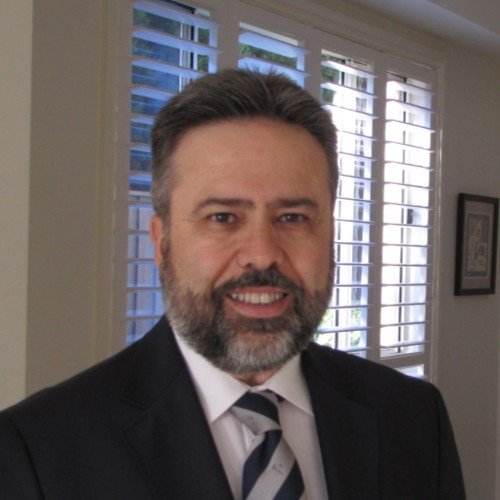Friction: Edition 11 | September 2023
FROM THE EDITOR
Welcome to the September edition of Friction.
In this month’s edition we look at the future generation of geotechnical engineers. From addressing the skill-shortages that face the industry to improving the image and attraction of mining, we hear personally from senior geotechnical engineers within the education system to understand what this looks like and why it’s a fundamental focus.
We hear from Jannie Maritz, senior lecturer from the University of Pretoria (UP) on the role universities play in developing upcoming geotechnical engineers, how virtual reality and artificial intelligence is leading the way in learnings, and why mapping out a progressive pathway of experiences in the field is critical to building stable foundations for solid, long-lasting careers.
We also get to know UNSW Professor and Head of School Ismat Canbulat, his approach to student-attraction, what motivates him and how he is preparing the next wave of geotechnical and rock engineering professionals.
We also look at what’s happening in the industry across the globe, from news and trends as well as upcoming events.
Don’t forget to checkout Friction’s Associations Directory.
Regards,
Tim Cartledge
Know a geotechnical engineer who’d enjoy Friction? It would be greatly appreciated if you were to forward this email or share any of our news and features. You can also direct them to our sign-up link here.
Tertiary terra firma: How universities can support the next generation of geotechnical engineers
Image source: XRi research and development, Department of Mining Engineering at University of Pretoria.
The next generation of geotechnical engineers globally is facing a raft of challenges – with training, competency requirements and regulations across regions, as well as emerging technologies, all at the top of that list.
Changing with the times is key, says University of Pretoria senior lecturer Jannie Maritz, who explains how South Africa’s tertiary institutions are making inroads into educating and empowering geotechnical engineers for sustainable careers in mining and other streams, now and into the future.
Q&A with Ismet Canbulat
Everyone has a story to tell, and this month we asked Professor Ismet Canbulat, Head of School and Chair of Rock Mechanics at UNSW, the hard questions.
NEWS, PUBLICATIONS AND UPDATES
New edition – RocSlope software suite
Rocscience has announced its latest edition to the RocSlope software suite with the new 3D rock slope stability analysis tool. This new tool is the beginning of a new area when it comes to 3D analysis and rock slope stability.
Why digital transformation remains the industry’s nemesis
In a recent eBook by John Vagenas FAusIMM, Managing Director at Metallurgical Systems, the digital transformation of the mining industry was discussed in relation to the four major problems professionals are currently facing.
This book covers the four problems occurring and the not-so-secret answer to each one.
Deformation analyses of tailings dams
High-Fidelity seismic intensity measure (IM), creating a more accurate ground motion reading.
The team at SKR Consulting have released a paper on the deformation analysis of tailings dams under dynamic conditions and how High-Fidelity seismic intensity measure is a critical step in ensuring tailings dam safety.
Understanding what lies beneath
Laying the groundwork has never been more important than in geotechnical engineering. Having a properly designed and set framework is crucial in all structures.
The team at Intertek Building & Construction have shared in their latest article on the importance of geotechnical engineering and the importance of getting it right.
HAVE SOMETHING TO SHARE?
Friction is about connecting our industry together. If you have an article, paper or insight to share we'd love to hear from you. Find out how you can contribute to Friction here.







